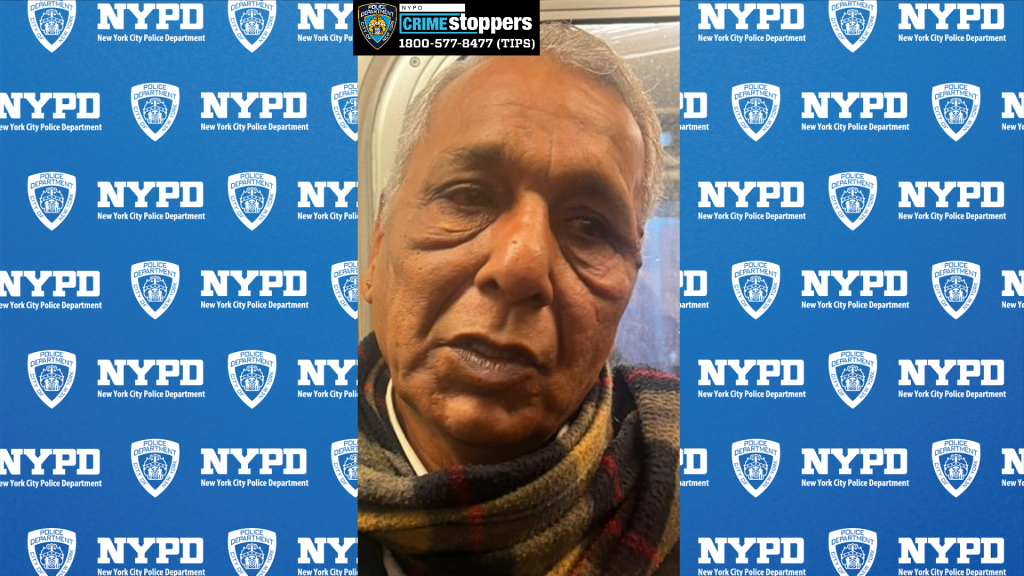City: Church Can Park It In Flushing
A Korean Presbyterian Church in Flushing gets to keep a controversial 18-space parking lot it built after tearing down two houses in the neighborhood, officials of the Citys Board of Standards and Appeals said Tuesday. Community and civic groups, who have long opposed the lot, say they are considering appealing the decision.
The church, at 143-40 Franklin Ave., already had two parking lots that contain a total of 150 spaces, but they could not accommodate the growing congregation of more than 4,000 people. A little over a year ago, church elders decided to address the parking problem by purchasing two homes across the street, tearing them down, and paving over the lots.
Local residents say the buildings were gone before they knew what was happening, and charge that the church did not obtain all the neccesary City permits for the project. Both Borough President Helen Marshall and Community Board 7 (CB7) have held public hearings on the issue, and each subsequently recommended that the church not be allowed to use the lots for parking spaces. But the Board of Appeals did not heed their advice.
Last Friday, about 20 people rallied against the parking lot to gain support for their cause.
"Its basically illegal, and we feel that if we dont stand our ground well lose the whole deal," Harvey Bayles, a local resident, said.
"Theyre knocking out the whole area," said Omar Simbron, whose Sanford Ave. home is behind the church.
"A concrete jungle were going to have here," added John Hayes, who lives a few blocks from the church.
Assemblyman Brian McLaughlin (D-Flushing) also attended the rally. "Im here to say no to the illegal conversion of this land," he said. "It will diminish quality of life in the neighborhood."
The church has been on the block for more than 25 years, and has multiplied its membership ten fold in that period, from about 400 members to more than 4,000, according to Moses Kim, an associate pastor. Kim explained that the church attracts members from as far away as Connecticut. To accommodate the huge influx of parishioners, the 650-seat church holds five services every Sunday, said Kim.
According to Kim, when worshippers are unable to find a spot in the parking lots, they are forced to circle through nearby streets until they find one. "If we dont have a [bigger] parking lot people will park on the street and they might block driveways," said Kim. "When we found out that lot was illegal we stopped using it [until the ruling]."
Kim lives on the block, and said he understood the communitys concerns. "We are open to talk and try to find the best thing for the neighborhood," he said.
Marilyn Bitterman, CB7 district manager, said that she had been facilitating meetings between the community and the church for over a year in an effort to gain a written assurance from the church that they would not tear down more homes for parking lots, but the church had refused. "People take their life savings and put it into their homes and now theyre surrounded by parking lots," she said. "Their property values are decimated."


































